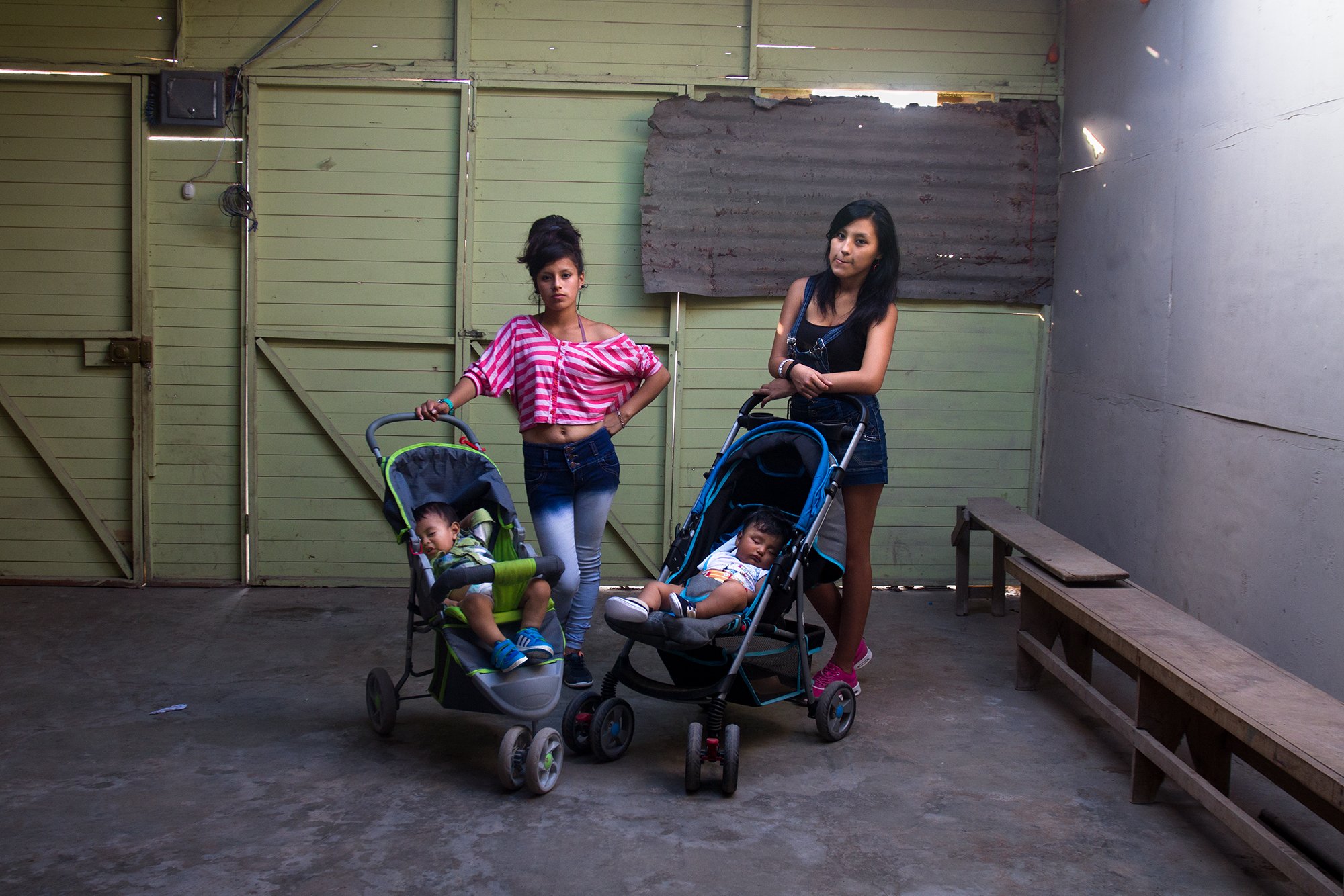Millions of women around the world don’t have the option to plan when and if they have a child. These births are often a result of a lack of education, information, or health care, and can alter a mother and her family’s well-being for a lifetime.
Every day 20,000 girls under the age of 18 give birth, and unplanned pregnancy increases an adolescent girl’s risk of maternal death, dropping out of school, and pregnancy complications.
The United Nations Population Fund (UNFPA) Supplies program serves 46 countries struggling with high maternal death rates and low rates of contraceptive use and family planning. The program works to provide women and girls access to sex education, safe contraception, and childbirth medicines.
Here are three obstacles to reproductive health care around the world, shared by women living in countries that rely on UNFPA Supplies.
1. Limited Medical Resources in Yemen
Health centers around the world lack the resources to provide safe, quality health care to pregnant women. Om Sama, a woman who lives in Yemen, risked her life while giving birth because her local hospital in rural Al-Baidha couldn’t treat her medical complications.
Om Sama told UNFPA that two back-to-back pregnancies put stress on her body and caused issues with her uterus.
“When it was time to give birth, my husband and I went to the district clinic, but the clinic was not equipped to handle the birth and my situation started to worsen,” she said. “The doctor there told me that I needed a cesarean section with special care, and they do not have the facilities for my treatment.”
Om Sama was fortunate enough to travel to a hospital in Yemen’s capital Sana’a, but other women are not as lucky. A Yemeni woman dies from pregnancy complications and childbirth every two hours, according to UNFPA.

2. Lack of Education in Peru
"I became pregnant at 14 years old,” Angie, who lives in Lima, told UNFPA.
“I did not know about contraceptive methods. At high school, I still had not been given the talks. I did not have information at school. I did not talk about it with my mother either," she said.
Read More: Global Citizen and London's Vagina Museum Talk Sex Ed, Maternal Health, and Contraception
Thousands of young Peruvians lack access to information and health care to avoid unintended pregnancies. Angie said she learned about family planning through her peers and was forced to drop out of school to care for her son.
In Peru, four girls under the age of 15 give birth each day, and 99% of them live in poverty, according to UNFPA.
3. Financial Barriers in Afghanistan
“We were extremely worried because we did not have enough money to take care of my health,” Raihana Bibi, a 30-year-old mother of four, told UNFPA.
Bibi and her family are some of the 60,000 Afghanis displaced by conflict and natural disasters who found refuge in Pakistan and Iran. Bibi returned to Afghanistan from Pakistan around two years ago and found herself dealing with economic hardship immediately. She discovered she was pregnant a year into readjusting to life back home and wasn’t sure how she’d be able to receive care.
Afghanistan’s health system is struggling to provide quality health care for the mass influx of returnees –– half a million Afghan women die in childbirth every year.
Bibi was able to see a midwife through UNFPA’s mobile health team that visits her area once every 15 days. The midwife gave Bibi medication, advised her through her pregnancy, and treated her daughter when she suffered illness days after being born.
What Is Being Done
UNFPA Supplies focuses on reaching the most vulnerable women and young people who live in rural areas, have lower levels of education, and have the least access to services. The program makes it possible for crisis and conflict-affected countries to rebuild health care systems and provide safe reproductive health care. Over 1.3 million lives may have been saved through the use of family planning methods provided by the program since it launched in 2007. UNFPA Supplies is calling for more funding from world leaders to continue doing life-saving work.